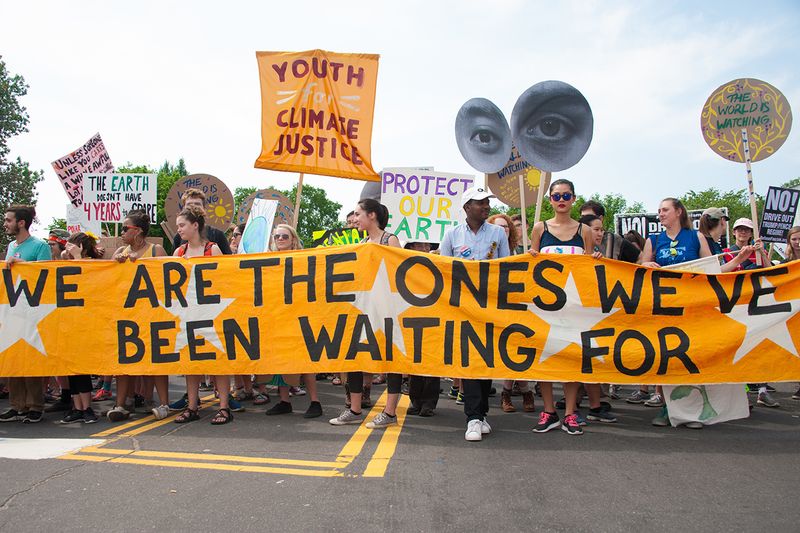
The world is changing faster than ever, and sometimes older generations struggle to keep up with new social concepts. Baby Boomers grew up in a different era with different values and understandings about society. Today’s progressive ideas can seem strange or unnecessary to them, creating tension between generations.
Let’s explore 8 modern concepts that many Boomers find particularly challenging to understand.
1. Gender Fluidity and Non-Binary Identities
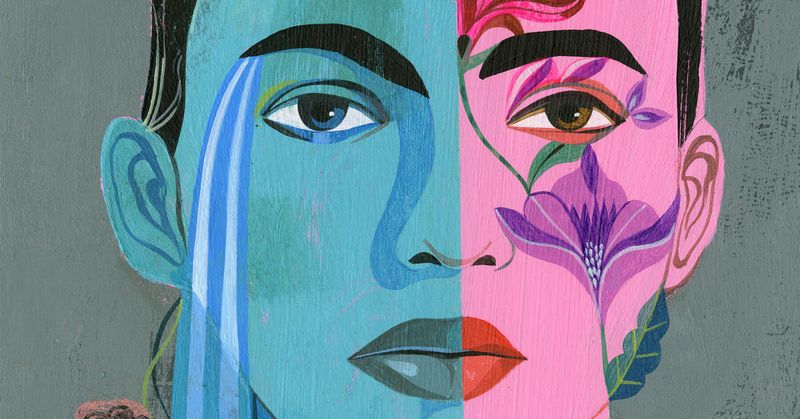
Many Boomers were raised in a world where gender was strictly binary – you were either male or female, period. The concept that gender exists on a spectrum challenges their fundamental understanding of human identity.
For younger generations, gender fluidity feels natural and liberating. They recognize that some people don’t fit neatly into traditional gender boxes and may identify somewhere in between or outside those categories entirely.
This shift represents more than just new terminology – it’s a complete rethinking of how humans experience and express themselves. The idea that gender can be self-determined rather than assigned at birth remains revolutionary to many older folks.
2. Pronoun Preferences and Respecting Them
“They/them as singular pronouns? That’s just bad grammar!” This common Boomer reaction misses the deeper point about identity and respect. Using someone’s correct pronouns isn’t about grammar rules – it’s about acknowledging their personhood.
Young people generally understand that pronouns are deeply connected to how we see ourselves. When someone shares their pronouns, whether she/her, he/him, they/them, or others, it’s a simple matter of basic courtesy to use them.
The resistance often stems from discomfort with change rather than actual grammar concerns. After all, singular “they” has been used in English for centuries when gender is unknown.
3. Intersectionality in Social Justice
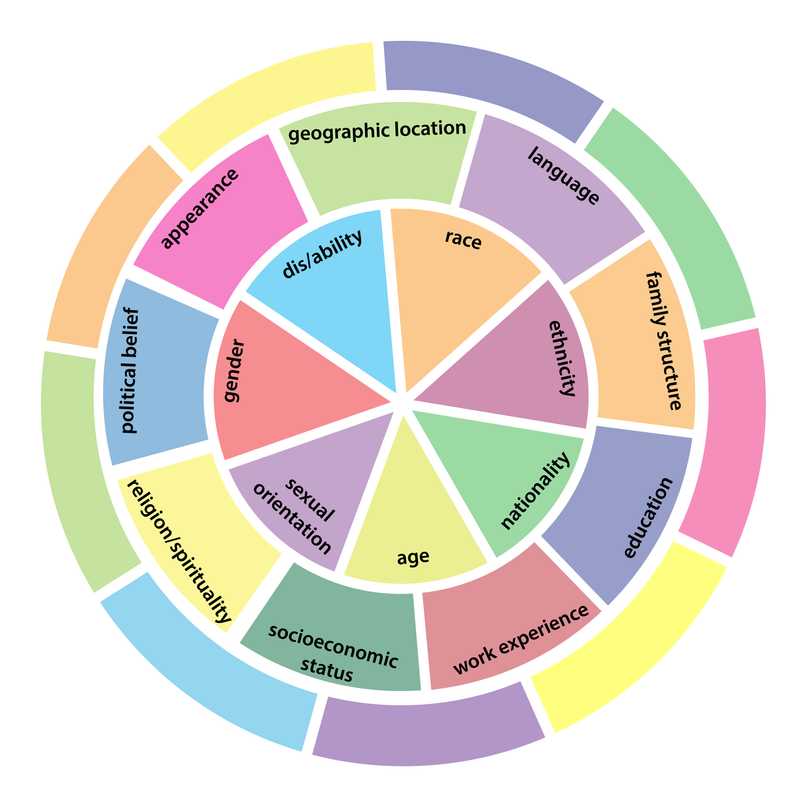
Discrimination is often seen by Boomers as a series of separate issues like racism and sexism. Intersectionality pushes back by illustrating how multiple forms of oppression intersect and compound.
A Black woman, for instance, experiences both racism and sexism simultaneously, not as separate issues. These overlapping identities create unique challenges that can’t be understood by looking at each form of discrimination in isolation.
For many older folks who fought for civil rights in more siloed ways, this interconnected approach feels unnecessarily complicated. Yet younger generations see it as essential for creating truly inclusive solutions that don’t leave vulnerable people behind.
4. Cancel Culture and Accountability
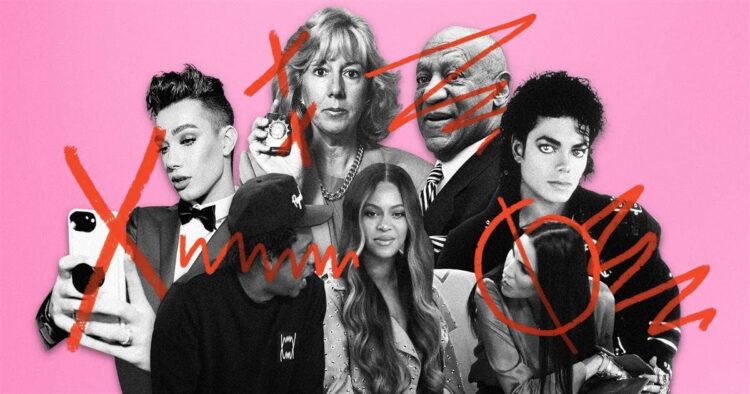
“Whatever happened to forgiveness?” Boomers often ask when discussing cancel culture. Having grown up in an era when public figures could make offensive remarks without consequence, many find today’s swift social accountability jarring.
Younger generations view this differently. They see calling out harmful behavior as necessary for social progress. What Boomers label “cancel culture,” many young people consider long-overdue accountability for those who’ve caused harm, especially to marginalized communities.
The generational disconnect stems from different perspectives on power. Where Boomers might see harsh punishment, younger folks see the correction of historical imbalances where certain people could say or do harmful things without consequences.
5. Climate Change Urgency and Activism

Young climate activists get labeled as “alarmists” by many Boomers who struggle to grasp why today’s youth feel such urgency about environmental issues. Having grown up during periods of economic expansion with little awareness of ecological limits, older generations often prioritize economic stability over environmental concerns.
The science is clear that we face unprecedented planetary changes within our lifetimes. For young people who will live to see the worst impacts, climate change isn’t a distant theoretical problem – it’s an immediate threat to their future.
This generational divide isn’t just about facts but about emotional responses. The climate anxiety many young people feel remains foreign to those who came of age in an era of seemingly limitless growth and resources.
6. Systemic Racism and Privilege Awareness
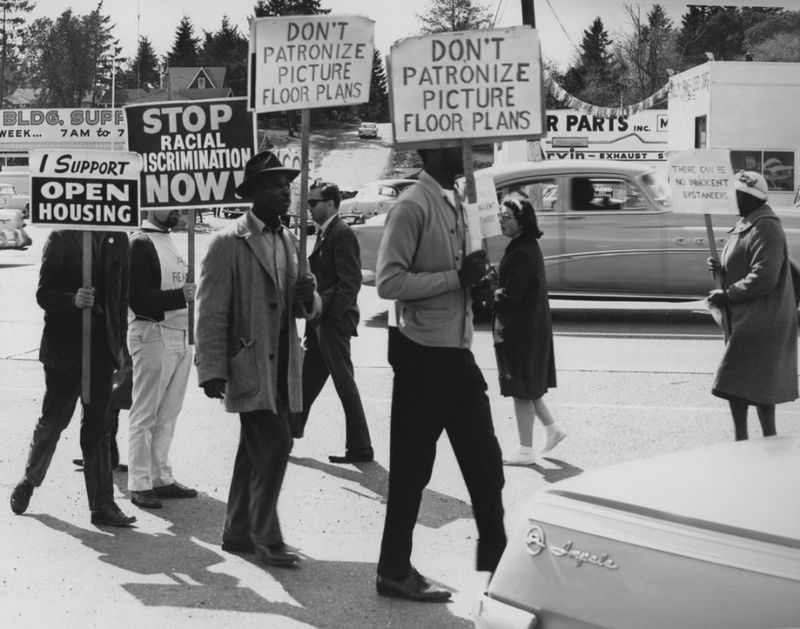
“I never owned slaves!” This common Boomer response to discussions of systemic racism reveals a fundamental misunderstanding. Modern conversations about racism focus not on individual guilt but on recognizing how historical injustices continue to shape present-day systems and institutions.
The concept of privilege – especially white privilege – often triggers defensive reactions. Many Boomers worked hard for what they have and resist the suggestion that their race gave them advantages.
Understanding systemic racism requires seeing beyond personal experience to recognize patterns. It means acknowledging that two people can work equally hard but face very different obstacles based on race – a perspective shift that many from older generations find challenging.
7. Mental Health Openness and Destigmatization

Back in the day, “Just toughen up!” was less advice and more a way of life for Boomers. Mental health was the elephant in the room, and vulnerability was mistaken for weakness.
Today’s younger generations approach mental health differently. They talk openly about anxiety, depression, and trauma, recognizing that psychological wellbeing deserves the same attention as physical health. Therapy isn’t shameful – it’s self-care.
Social media has accelerated this shift, creating spaces where people share mental health experiences that previous generations kept hidden. What Boomers might see as oversharing or attention-seeking, younger folks view as breaking harmful silence and helping others feel less alone.
8. Inclusivity Beyond Tokenism

Diversity often meant meeting quotas for Boomers, with a single representative from different groups considered a job well done. Modern inclusivity goes far beyond that.
True inclusivity means creating environments where everyone belongs and can thrive. It’s not just about who’s in the room but whether they have equal voice, opportunity, and power. This requires examining subtle biases and changing fundamental systems rather than making surface-level adjustments.
Young people recognize that token representation without structural change perpetuates inequality. A truly inclusive approach requires ongoing effort and uncomfortable conversations – a level of commitment that many from older generations find exhausting or unnecessary compared to the more limited diversity goals of their era.

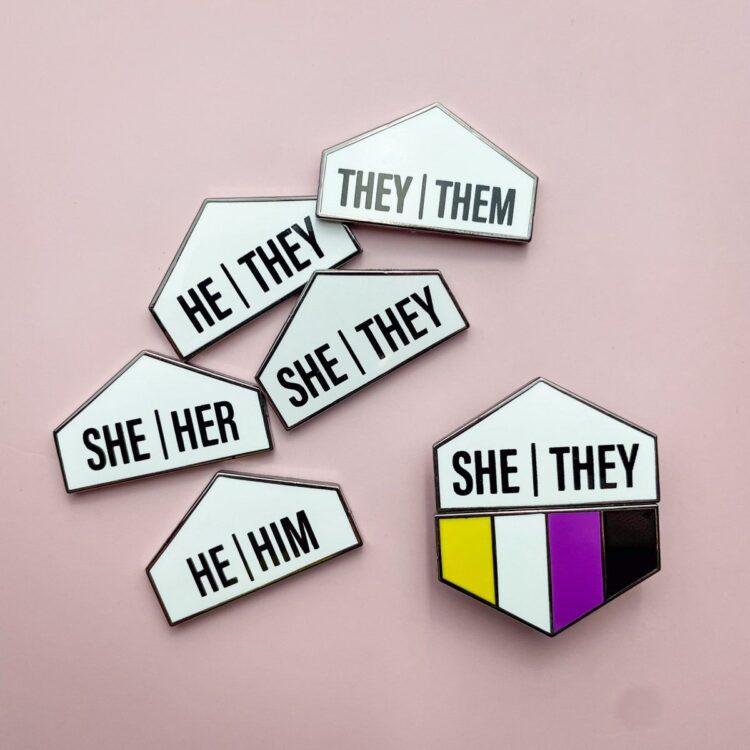
Comments
Loading…